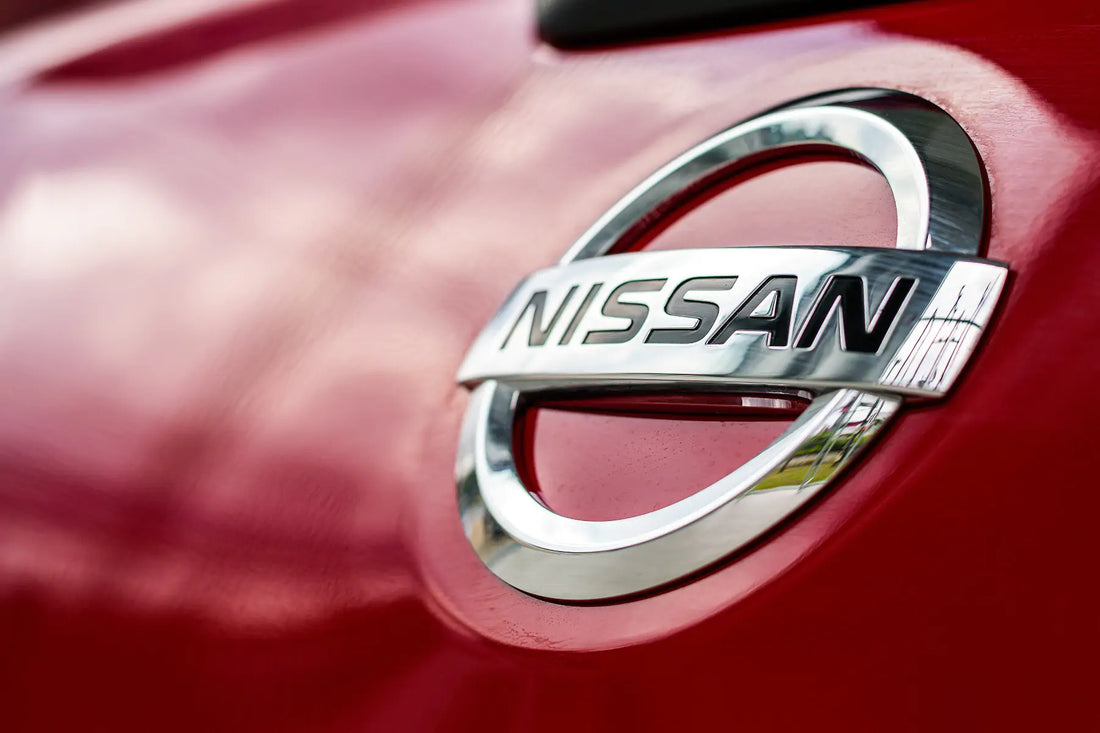Your basket is currently empty.
Shop NowNissan Builds its First Car Using Closed Loop Recycling System

In the News: The Top Recycling Stories Making the Headlines
Nissan Builds its First Car Using Closed Loop Recycling System
The Japanese car manufacturing giant, Nissan, has said that its new 2021 Nissan Rogue is its first global model to have been built using a closed-loop recycling system for its aluminium parts.
The firm claims that the hood and doors of the car are made from an aluminium alloy which reduces the weight of the vehicles as well as making it more fuel-efficient.
It also added that when compared with building cars from primary alloys made from raw materials, the manufacturing process creates far less carbon emissions. There are other benefits too, such as being able to conserve resources and also cut down on waste.
Here’s how Nissan’s system works.
As the car hoods and doors are stamped into shape, any scrap metal is shredded and extracted, and different grades of aluminium are separated. This allows high-quality scrap metal to be returned to the firm’s suppliers who then turn the scrap aluminium into aluminium alloy sheets to be sent back to Nissan for reuse.
So what exactly is closed-loop recycling?
It might sound complicated, but in simple terms, close loop recycling is when a product is created, used, recycled, then made into a completely new product.
So think of:
- A glass jar that is melted down or crushed to make a new jar or another glass item
- A plastic bottle that is cleaned, processed, and turned into another bottle, or a completely new item like clothing or home insulation.
The best thing about closed-loop recycling is that nothing ends up in landfill.
What type of materials are best suited to closed-loop recycling?
Closed-loop recycling is best suited to materials that don’t tend to lose any of their quality when they are recycled like:
- Aluminium
- Glass
- Some types of plastic
The benefits of closed-loop recycling
Reduces the use of virgin materials, so it preserves precious natural resources
Reusable resources don’t end up in landfill
Making things from recycled materials uses less water and energy and so it produces less carbon emissions
The problem with closed-loop recycling
The main thing about closed-loop recycling is that if you want it to work, you need to be recycling enough materials to create the ‘new’ materials and products, and at the moment, UK recycling rates are flagging and the system is fraught with problems from a lack of standardisation, contamination, public confusion, a lack of provision for ‘on-the-go’ recycling, the list goes on.
So what can we do about it?
Get better at recycling
If you know you need to up your recycling game, do it now. Make sure you rinse containers and packaging and put it in the right recycling bin (check your local council’s website if you’re not sure).
Buy more recycled products
The more recycled products you buy, it drives demand and it makes companies sit up and take notice. There are some pretty big names making the move towards 100% recycled products now and companies like Procter & Gamble, Unilever, and Coca-Cola have signed up for a closed-loop recycling schemes with TerraCycle whereby products in refillable, durable packaging are provided to customers, then the packaging is collected, washed and reused. Nothing goes to waste.
We need to get recycling right and stop acting like the finite resources on our planet are infinite. What will you do to up your recycling game?






